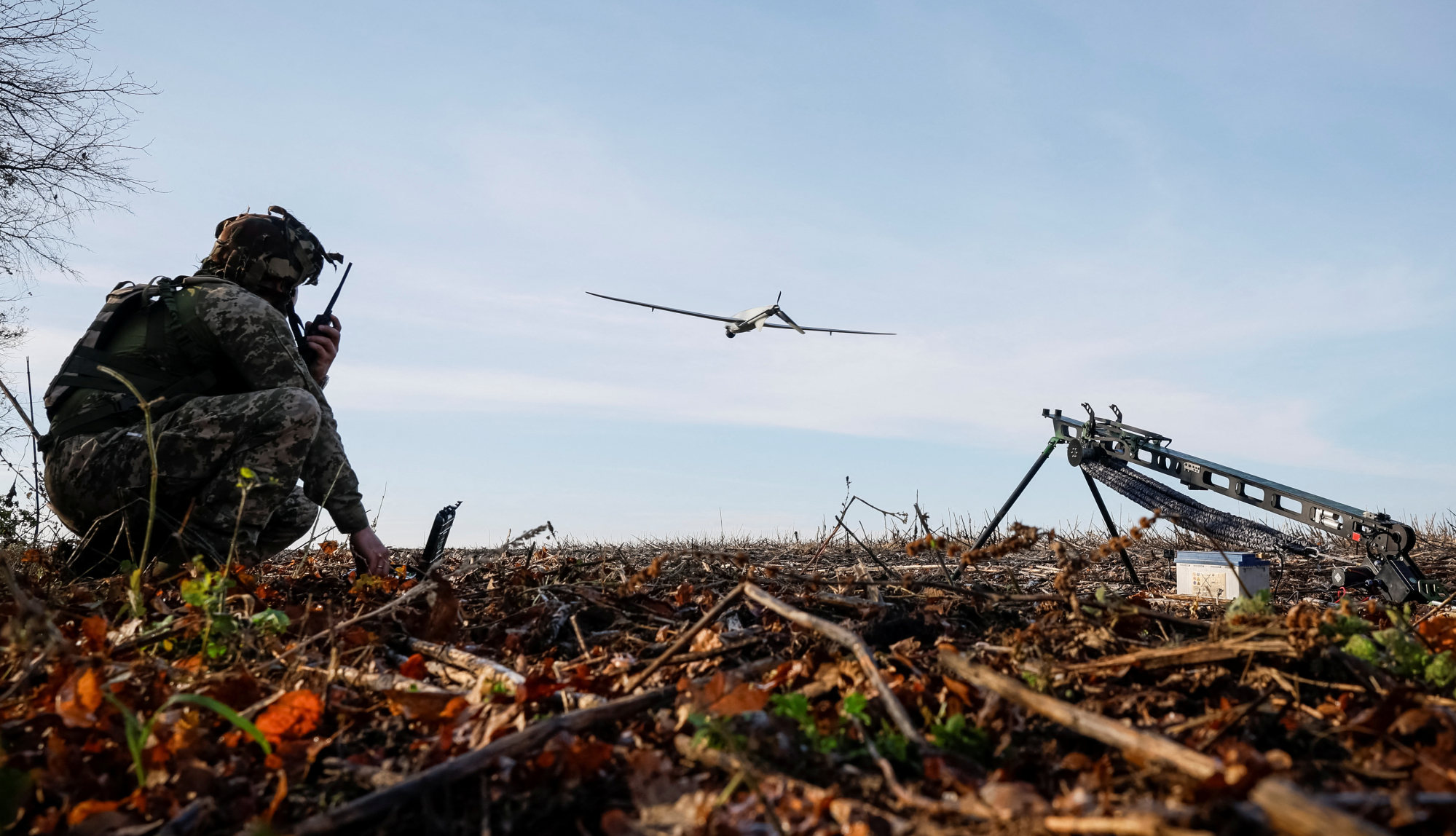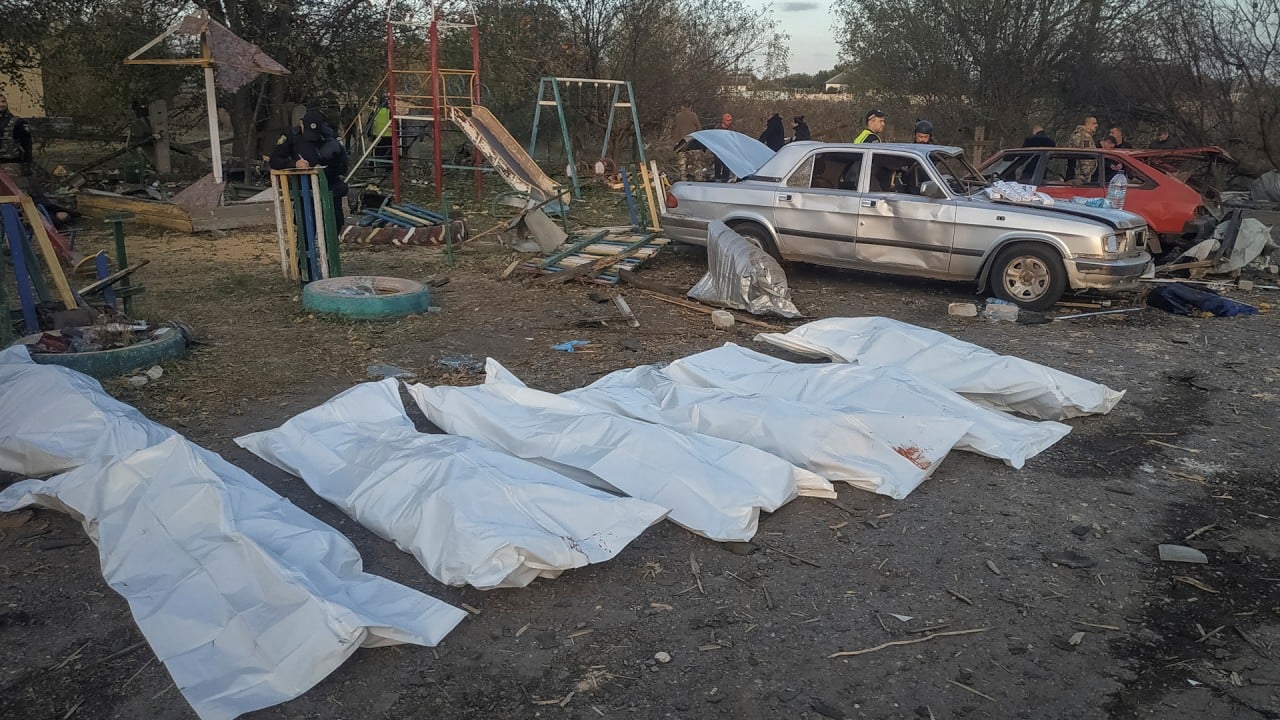
Ukraine war: Kyiv military adviser Gennadiy Chastiakov killed by birthday bomb; Russia exits Cold-War arms treaty
- Ukraine said that Major Gennadiy Chastiakov was killed on his birthday, when an unknown explosive device detonated in one of his gifts
- The 1990 treaty placed limits on the deployment of military equipment to maintain military balance between Nato and the then-Warsaw Pact countries
A close adviser to the commander-in-chief of the Ukrainian army was killed when a grenade among his birthday gifts exploded on Monday, officials said.
Chastiakov was showing his son a box with grenades inside that he had received as a gift, Interior Minister Igor Klymenko said in a statement on Telegram.
“At first, the son took the munition in his hands and began to turn the ring. Then the serviceman took the grenade away from the child and pulled the ring, causing a tragic explosion,” Klymenko said.
Police have identified a fellow soldier who gave the fatal gift, he said, and seized two similar grenades.
An investigation is under way.
Chastiakov leaves a wife and four children, Zaluzhny said.
In April, a blast from a statuette rigged with explosives killed 40-year-old pro-Kremlin military blogger Vladlen Tatarsky.
But observers said the bombing attack could be used to justify a further crackdown on critics.
Kyiv denied the charges.
Russia says destroys 17 Ukraine-launched drones
Nine drones were destroyed by air defence systems and eight were intercepted by electronic warfare, the ministry said on the Telegram messaging app.
Earlier, the Russian-installed governor of the Black Sea port of Sevastopol, Mikhail Razvozhayev, said that falling debris fell on the roof of a private house in the village of Andriivka, in Sevastopol’s suburbs, setting it briefly on fire,
There was no information about potential casualties.
Shot, a Russian news outlet that often reports credible security information, said that at around 4:10am local time, loud explosions were heard near the towns of Novofedorivka and Saky. Saky is home to a Russian airbase.
Reuters could not independently verify the reports.
There was no immediate comment from Ukraine, but Kyiv has increased its attacks in recent months on Russian military infrastructure in Crimea, a peninsula which Moscow annexed from Ukraine in 2014.

Moscow withdraws from key post-Cold War treaty
Russia formally withdrew on Tuesday from a key post-Cold War security treaty designed to de-escalate potential East-West conflicts, in a latest sign of rising tensions between Russia and Nato.
“At 00:00 on November 7, 2023, the procedure of Russia’s withdrawal from the CFE (Treaty on Conventional Armed Forces in Europe), was completed,” Russia’s foreign ministry said in a statement on its website. “Thus, the international legal document, the validity of which was suspended by our country back in 2007, has finally become history for us.”
The 1990 treaty, negotiated and concluded at the end of the Cold War and signed a year after the fall of the Berlin Wall, placed limits on the deployment of military equipment to maintain military balance between Nato and the then-Warsaw Pact countries.
Russia suspended its participation in the treaty in 2007 and halted active participation in 2015.
“The CFE Treaty was concluded at the end of the Cold War, when the formation of a new architecture of global and European security based on cooperation seemed possible, and appropriate attempts were made,” the Russian foreign ministry said.



